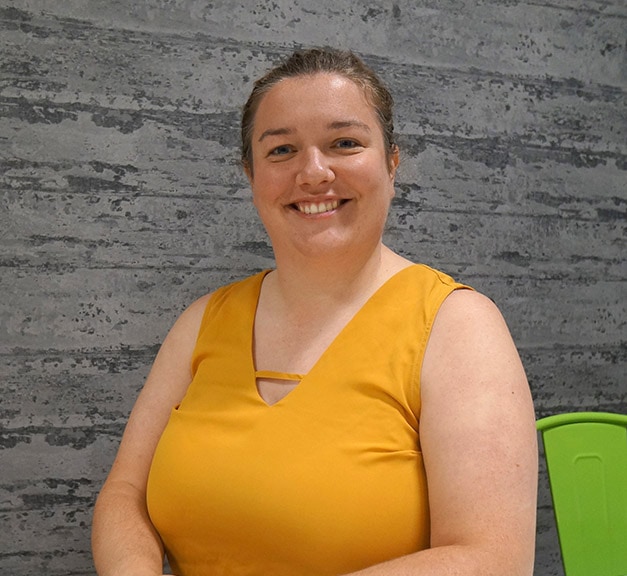Am I wrong to be apprehensive about gene therapy?
May 29, 2019 | Bedrock, Communications, Haemophilia, gene therapy, healthcare
Is the introduction of gene therapy going to be smooth sailing? Origin’s Strategic Solutions Director, Su Smith, shares her thoughts.

Su Smith, Strategic Solutions Director, Origins Healthcare Communications
As the age of gene therapy dawns, the excitement grows around its potential, and conversation turns to what the reality might look like, am I wrong to be apprehensive?
For those of us who have worked in the area of thrombosis and haemostasis for a number of years, the reality of gene therapy in some haemophilias is now imminent. So, should we be looking at a future with a ‘glass half-full’ or ‘glass half-empty’ attitude? And how do you respond if your opinion is mixed? What if there is some water in the glass? This is how I am currently feeling about gene therapy.
So, it was with a degree of both excitement and trepidation that I saw this was a key topic for discussion at the recent European Association for Haemophilia and Allied Disorders (EAHAD) conference in Prague.
At one of the sessions at EAHAD, two of the clinicians with hands-on experience of gene therapy gave their insights – Professor Robert Klamroth of the Vivantes Friedrichshain Hospital in Berlin and Dr Dan Hart of the Royal London Hospital.
Professor Klamroth informed the congress that “selection of gene therapy candidates is going be critical” as you only get “one shot” with gene therapy. Beyond this, antibodies will form, and the effects will be nullified. Therefore, potential candidates should be carefully counselled, as patient motivation, commitment and understanding are key to success. Professor Klamroth also highlighted that there are still a number of unknowns remaining regarding the long-term safety and efficacy of gene therapy. So, a degree of caution, then.
Dr Hart gave a practical overview of how the Haemophilia Centre at the Royal London Hospital, which has been a pivotal trial centre, has had to adapt for gene therapy.
The educational needs were key. Not solely for the treating physician, but for every healthcare professional that the gene therapy candidate comes into contact with on their treatment journey. This included a new role for genetic counsellors who previously would counsel on diagnosis, but not therapeutic choice.
Not only has the centre had to adapt its skills and services, but Dr Hart is now facing questions that he has never been asked in his career; the most common question asked by patients on gene therapy is “Do I still have haemophilia?”
His response to the congress audience was that while phenotypically they do not have haemophilia (but still have a greater risk of bleeding than the average population), genotypically they still have haemophilia. It is important to note, therefore, that whilst they may no longer be experiencing symptoms, they will still pass the haemophilia gene to the next generation.
This new issue of ‘Am I still a patient?’ raises the importance of fully educating patients about their therapy – there may still be a need for ongoing services/check-ups and they still need to stay ‘engaged’ with their condition.
This example in haemophilia provides real food for thought and I wonder how translatable it is into other conditions where gene therapy will be on offer.
My main concern is the messaging that has been in the public domain to date about gene therapy. The July/August cover of PME magazine heralded: “The gene revolution is here: a cure for patients – and disruption of pharma’s model.” The word ‘cure’ is somewhat misleading to the general public and suggests a promise that clinicians may not be able to live up to.
Whilst there are clear benefits to gene therapies – the relief (not necessarily resolution) of disease symptoms, and the ease of burden of treatment – these should be clearly balanced with the reality that this treatment is not a ‘cure all’.
How is my glass doing? It is filling! However, I feel strongly that the promise of gene therapy needs to be accompanied by carefully balanced, realistic education and communication. I would be interested to hear more from those working in the field of gene therapy development, and from those who have benefitted from this ground-breaking innovation, and will post again in the future as gene therapy takes its first steps and my glass passes the half way mark.
Su Smith is a Strategic Solutions Director at Origins, a Bedrock Health Group Company. Having worked in medical communications for the past 12 years, she has a keen interest in rare diseases and patient experience. Su can be contacted at susmith@origins-health.com.
This content was provided by Bedrock Healthcare Communications





